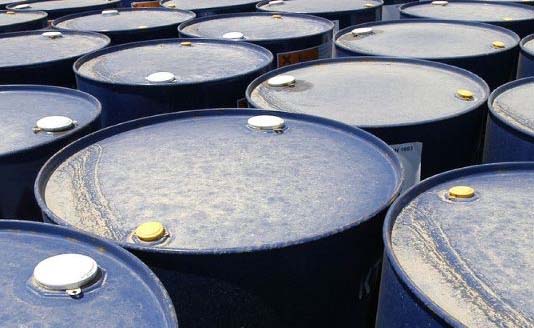Nigeria’s fiscal crisis is destined to last longer following further fall in the price of crude oil on Tuesday after Iran and six global powers reached a landmark nuclear deal.
The deal would see an easing of sanctions against Iran and a gradual increase in its oil exports.
Reuters reports that the agreement, which capped more than a decade of on-off talks, was hailed by Iranian and western diplomats as a “historic moment” that opens the way to a new phase in international relations.
Under the deal, sanctions imposed by the United States, European Union and United Nations would be lifted in exchange for curbs on Iran’s nuclear programme.
Advertisement
There were no immediate details on how sanctions would be eased on oil.
Front-month Brent crude (equivalent of Nigeria’s Boony Light) futures had dropped $1.15 to $56.70 a barrel by 0930 GMT. U.S. crude was trading down $1.05 at $51.15 per barrel.
Analysts say it would take Iran many months to fully ramp up its export capacity following any easing of sanctions. But even a modest initial increase would be enough to pull international oil prices down further as the market is already producing around 2.5 million barrels per day above demand.
Advertisement
“Even with a historic deal, oil from Iran will take time to return, and will not be before next year, most likely the second half of 2016,” Amrita Sen, chief oil analyst at London-based consultancy Energy Aspects, told Reuters.
“But given how oversupplied the market is with Saudi output at record highs, the mere prospect of new oil will be bearish for sentiment.”
Sanctions on the Islamic republic have almost halved its exports to a little over 1 million barrels per day. A deal could see Iran increase its oil exports by up to 60 percent within a year, a Reuters survey of analysts said.
“Sanctions have crippled Iran’s oil production, halving oil exports and severely limiting new development projects. The prospect of them being lifted is creating great excitement … as foreign trade and investment will allow Iran to make huge efficiencies and drive down the cost of production,” said Sarosh Zaiwalla, a London-based sanctions lawyer.
Advertisement
Nigeria derives 90% of its foreign earnings from crude oil, which finances over 60% of government budget.






